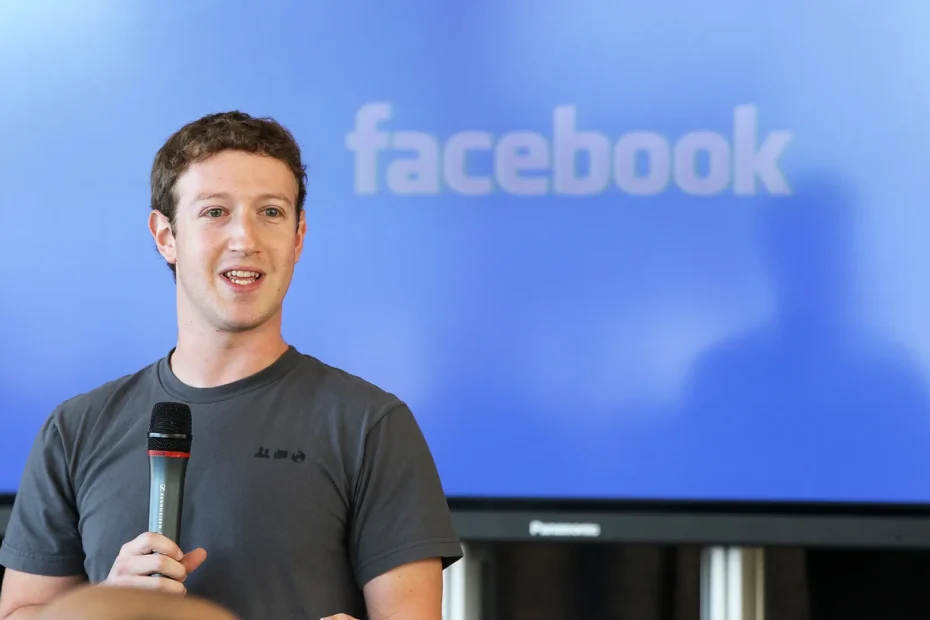Mark Zuckerberg is a name synonymous with the social media revolution. As the co-founder and CEO of Meta (formerly Facebook), Zuckerberg reshaped the way people connect, communicate, and consume content in the 21st century. From building a simple website in a Harvard dorm room to steering a multibillion-dollar tech empire, his journey is a quintessential modern success story. This blog explores his early life, the meteoric rise of Facebook, the transformation into Meta, and the valuable lessons entrepreneurs can take from his path.
Early Life and Passion for Programming
Childhood in White Plains, New York
Born on May 14, 1984, in White Plains, New York, Mark Elliot Zuckerberg grew up in a well-educated and supportive household. His father, Edward Zuckerberg, was a dentist, and his mother, Karen, was a psychiatrist. From an early age, Mark showed exceptional aptitude for computers and programming. At age 12, he created a messaging program called “ZuckNet” for his father’s dental office, enabling communication between the reception desk and the treatment room.
Encouraged by his parents, Zuckerberg took advanced programming courses and developed computer games and tools for fun. He was described as a quiet yet highly competitive student who excelled in science and math. While in high school at Phillips Exeter Academy, he won prizes in science and classical studies and developed an early music streaming platform called Synapse, which attracted attention from Microsoft and AOL.
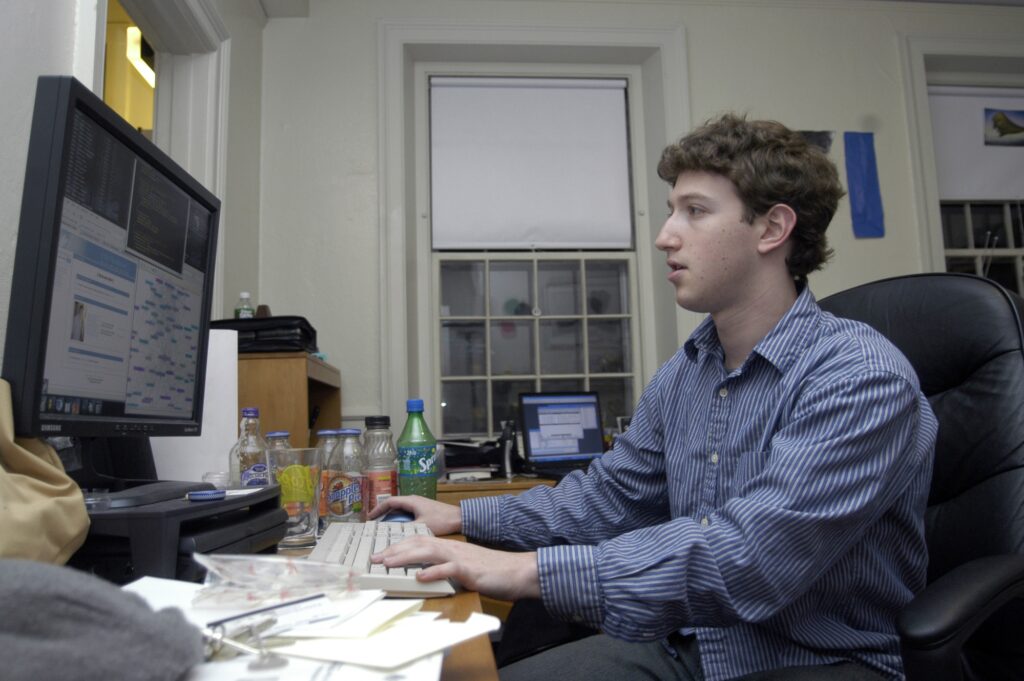
Harvard and the Birth of Facebook
In 2002, Zuckerberg enrolled at Harvard University. Initially majoring in psychology and computer science, he quickly became known as a programming prodigy. While at Harvard, he developed several social-focused projects, including CourseMatch (which helped students choose classes based on peer selections) and Facemash—a controversial website that allowed users to rate students’ attractiveness based on photos pulled from university directories.
Facemash was shut down by Harvard administrators, but it sparked the idea for something bigger: a centralized social platform exclusive to college students. On February 4, 2004, Zuckerberg launched “TheFacebook” from his dorm room alongside co-founders Eduardo Saverin, Dustin Moskovitz, Andrew McCollum, and Chris Hughes. Within 24 hours, over 1,000 Harvard students had registered.
The Rise of Facebook
Expansion and Exponential Growth
Initially limited to Ivy League campuses, Facebook quickly expanded to other universities, then to high schools, and eventually to the general public by 2006. The platform differentiated itself with a clean interface, real identities, and a real-time social feed, contrasting sharply with anonymous and chaotic forums like MySpace.
Zuckerberg dropped out of Harvard in his sophomore year to focus on Facebook full-time. He relocated the company to Palo Alto, California, and secured early funding from angel investor Peter Thiel. By 2007, Facebook had over 50 million users and had become one of the fastest-growing social networks in history.
Staying in Control
One of Zuckerberg’s most strategic decisions was retaining majority voting control over Facebook, even as the company raised capital. He built a dual-class stock structure that allowed him to steer the company without interference from investors or board members. This decision later proved crucial during controversies and major pivots, allowing Zuckerberg to execute long-term visions without succumbing to short-term market pressures.
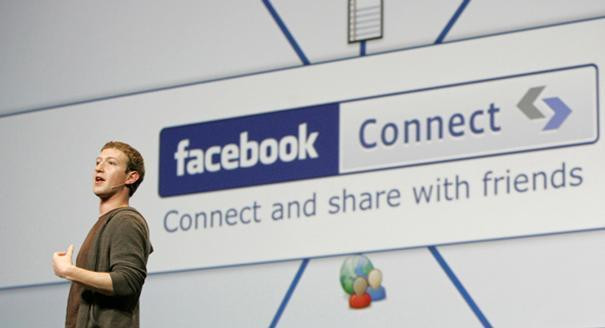
Going Public
In May 2012, Facebook went public with one of the largest tech IPOs in history, valuing the company at $104 billion. Despite a rocky first few months as a public company, Facebook rebounded, driven by its rapidly growing mobile user base and advertising revenues.
Building a Digital Empire
Instagram and WhatsApp Acquisitions
Zuckerberg understood early that the digital attention economy would evolve rapidly, and he didn’t hesitate to make bold acquisitions. In 2012, Facebook bought Instagram for $1 billion—an app with fewer than 20 employees but immense cultural potential. In 2014, it acquired WhatsApp for $19 billion, marking one of the largest tech acquisitions ever.
Both platforms now serve over 2 billion users each and are integral to Facebook’s ecosystem. These moves showcased Zuckerberg’s foresight in capturing mobile-first and international markets.
Challenges and Controversies
Facebook’s growth came with scrutiny. From data privacy scandals like Cambridge Analytica to its role in election interference and misinformation, Zuckerberg and his platform faced global criticism. In 2018, he testified before the U.S. Congress, acknowledging past failures and vowing to improve transparency, user privacy, and content moderation.
Despite these challenges, Zuckerberg remained at the helm, defending Facebook’s mission and pivoting toward a new frontier.
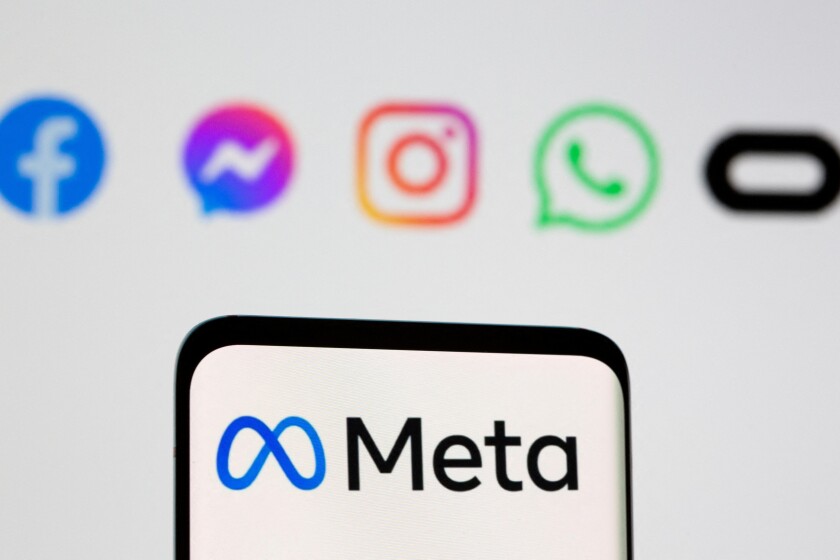
The Metaverse Vision and Meta Platforms
In October 2021, Facebook rebranded itself as Meta, signaling a shift toward building the Metaverse—a digital universe where people can work, play, and socialize using virtual and augmented reality technologies. Zuckerberg described this as the next chapter of the internet, investing billions into developing VR headsets (via Oculus) and immersive platforms like Horizon Worlds.
Though still in its early stages, Meta’s commitment to shaping the “embodied internet” reflects Zuckerberg’s relentless drive to innovate and lead future tech paradigms.
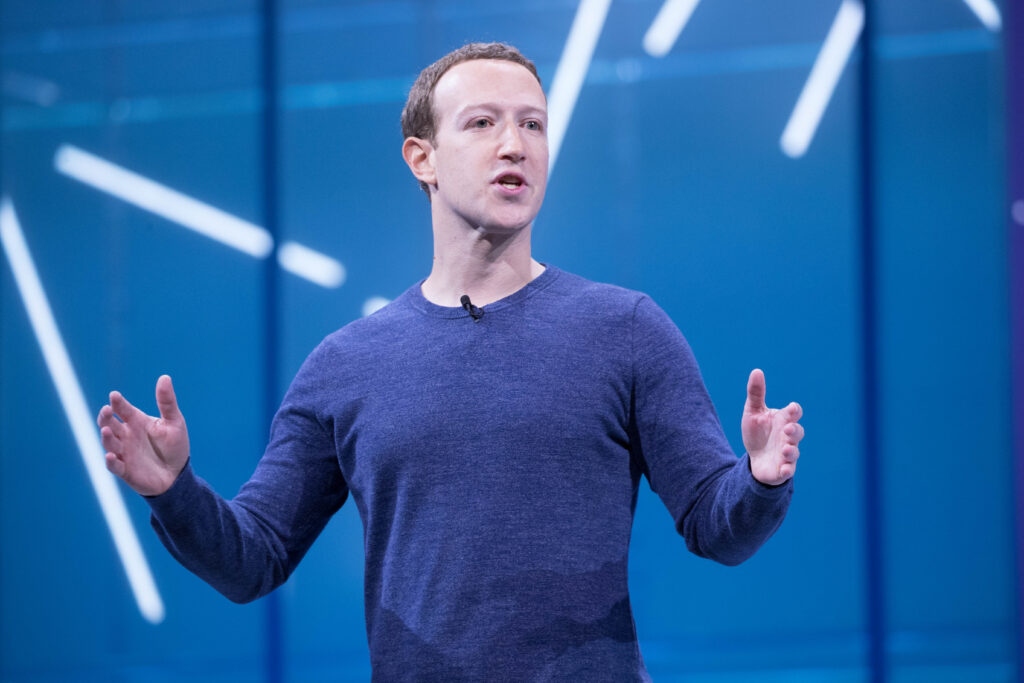
Life and Business Lessons from Mark Zuckerberg
1. Start Before You’re Ready
Zuckerberg launched Facebook with limited resources and no business plan, but a strong belief in solving a real problem. His story shows that starting with a minimum viable product and iterating is often better than waiting for perfection.
2. Move Fast and Break Things
This famous internal Facebook motto captures Zuckerberg’s willingness to innovate quickly—even at the risk of failure. It emphasizes experimentation, speed, and learning by doing.
3. Focus on Mission, Not Money
Despite massive early offers to sell Facebook—including a $1 billion offer from Yahoo!—Zuckerberg refused. He believed in Facebook’s long-term impact and potential. Staying focused on mission over short-term gain has been a key driver of Meta’s endurance.
4. Own the Platform
Zuckerberg’s tight control over Meta allowed him to make long-term strategic decisions, including investments in AI, messaging, and VR. For entrepreneurs, this highlights the importance of ownership and vision.
5. Embrace Feedback, Even Criticism
Zuckerberg has been criticized heavily—from users, governments, and media. Yet, he’s used public scrutiny as a forcing function for reform, pushing initiatives like community standards, fact-checking, and privacy reforms.
6. Learn Relentlessly
Though he dropped out of Harvard, Zuckerberg is a committed learner. He sets annual reading goals, learns new languages (like Mandarin), and surrounds himself with experts in diverse fields. Continuous learning fuels his leadership.
Philanthropy and the Chan Zuckerberg Initiative
In 2015, Mark Zuckerberg and his wife, Dr. Priscilla Chan, pledged to donate 99% of their Facebook shares to philanthropic efforts during their lifetime. They created the Chan Zuckerberg Initiative (CZI) to focus on personalized learning, disease prevention, immigration reform, and criminal justice.
Rather than a traditional nonprofit, CZI is structured as a limited liability company, allowing greater flexibility in funding nonprofits, lobbying, and investing in impact ventures. This approach reflects Zuckerberg’s preference for scalable, systems-based solutions to social issues.
Mark Zuckerberg’s story is not just about coding a global network—it’s about adapting, pivoting, and expanding a vision in real time. From a Harvard dorm room to building a company that reaches over half the world’s population, his journey exemplifies innovation, resilience, and scale.
While controversies have tested his leadership, Zuckerberg’s relentless pursuit of long-term innovation—from social networking to artificial intelligence to the Metaverse—continues to define him as one of the most influential tech entrepreneurs of our era.
As Zuckerberg once said:
“The biggest risk is not taking any risk… In a world that’s changing really quickly, the only strategy that is guaranteed to fail is not taking risks.”
